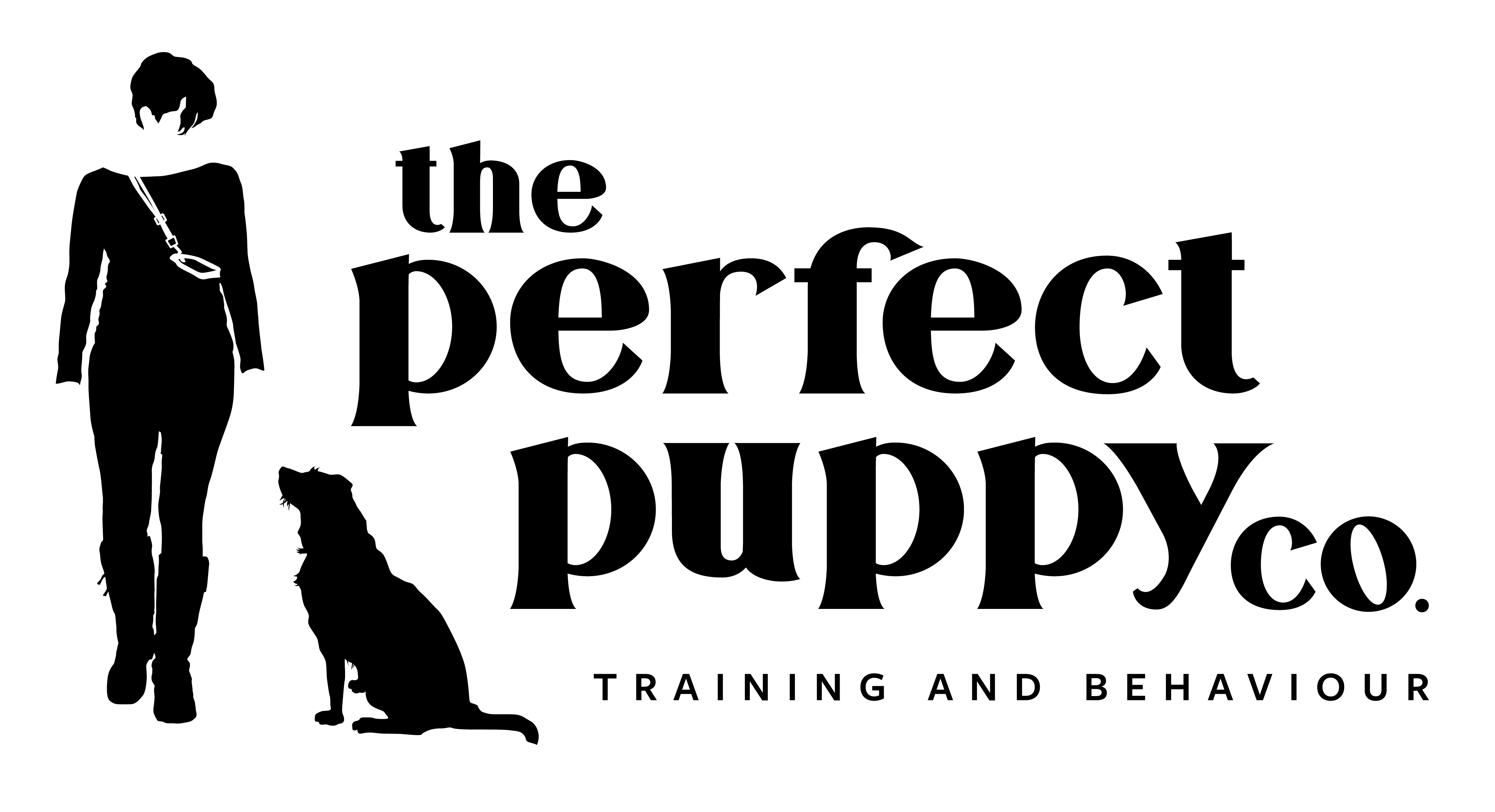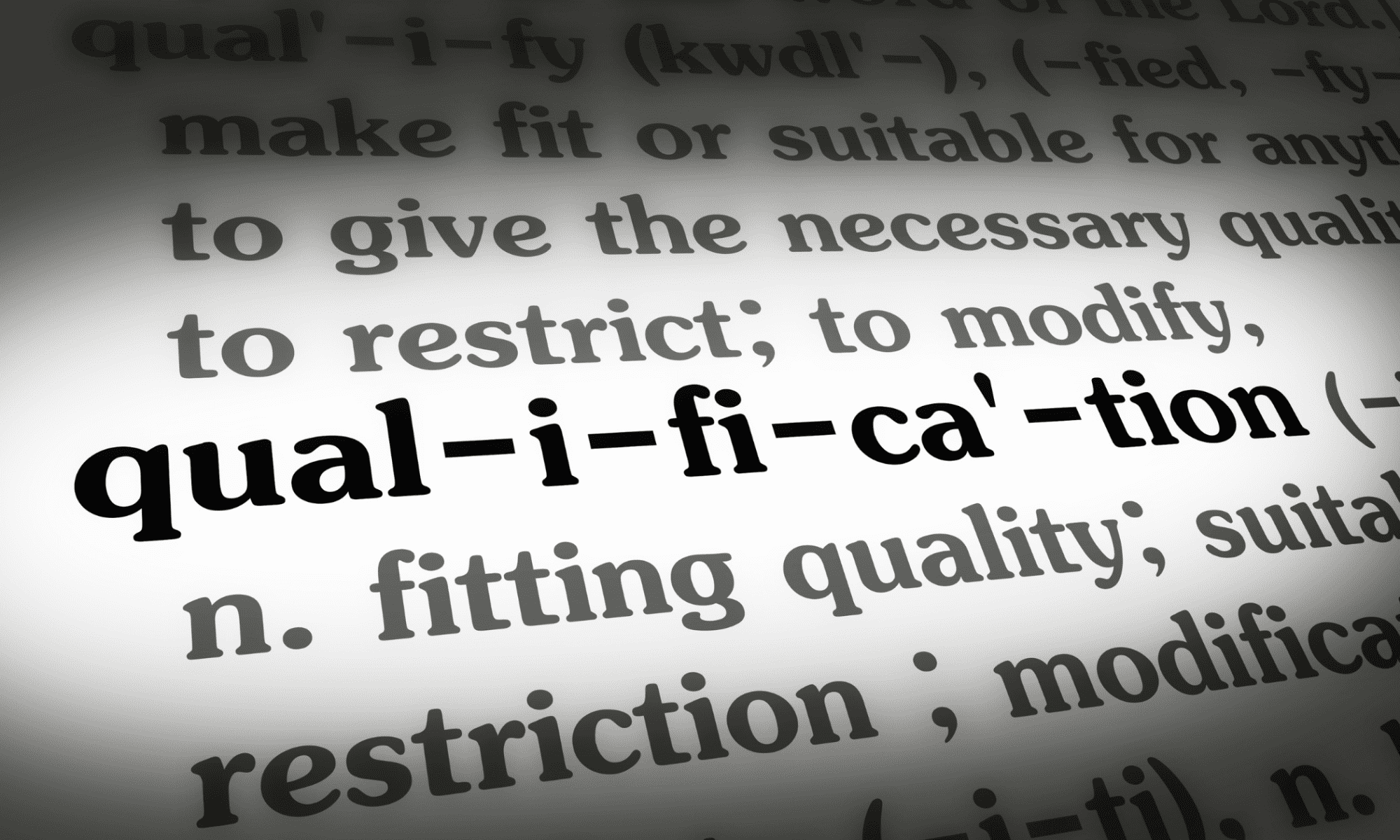Qualifications in Dog Training: Do They Matter?
Over recent weeks I’ve seen several discussions questioning the validity, relevance and value of qualifications and professional memberships in dog training. So do qualifications/professional memberships matter? Are they something you should look for in a trainer?
First things first….
The dog training industry in the UK is entirely unregulated. Anyone can set up in business as a dog trainer. There is no requirement for any basic standard of education, any practical experience, any insurance, any code of conduct etc.
That’s an important context to bear in mind when you are hiring a trainer. In the absence of any legal or regulatory requirements how can you determine whether your trainer has sufficient knowledge to help you & your dog?
Not all qualifications are created equal…
One argument used against qualifications is that some are meaningless. It is certainly true that there’s a huge spectrum of courses ranging from Masters degrees to very basic online multiple choice courses with all the variation in quality that implies. Some qualifications require candidates to pass an assessment showing they meet pre-determined criteria, some don’t. Some require practical experience, some are theory only (which is often presented as a negative by qualification naysayers but isn’t necessarily depending on the subject matter). Sone require a minimum level of experience, some don’t. Some simply require a candidate to fill in a form, pay a fee and, just like that, you’ve got a certificate.
In short, some are a true reflection of knowledge and some aren’t. Is there room for improvement in the overall quality of training & behaviour education? Absolutely. But, in the absence of a regulatory framework, the current arrangements are the best we have and we should never let perfection be the enemy of progress. Dismissing all qualifications because some are less than perfect doesn’t make a lot of logical sense.
What qualifications & professional memberships mean (…and what they don’t)
Does having a qualification guarantee competency? No, for some of the reasons outlined above. But it does, at least, give an indication of the likelihood of competency.
So what does it mean? Having a qualification from a reputable body indicates the holder’s willingness to have their skills and knowledge scrutinised, to adhere to a clear ethical standard and to agree to undertake continuing professional development throughout their career.
Qualifications also give you comfort that they will carry adequate insurance and adhere to a code of conduct (and that there is a clear complaint route if they don’t).
So what’s the verdict?
There are undoubtedly shortfalls and limitations in some training & behaviour qualifications but I think it’s important in an unregulated industry to help the public easily identify trainers committed enough to their craft to have their skills assessed, commit to continual learning and who are willing to hold themselves to standards of ethics and conduct. Qualifications and professional memberships are one way we can attempt to do that.
It’s said by some trainers that qualifications are a waste of time because ‘the public don’t care’. It’s a two way street. If you want reassurance about the people you are entrusting your dog to then start asking trainers about their qualifications and education. The more clients start to demand higher standards of their trainers the quicker standards will rise.
What qualifications to look for…
Qualifications which require an assessment process and both theoretical knowledge and practical skills include, but aren't limited to, the Karen Pryor Academy (KPA), the Institute of Modern Dog Trainers (IMDT), Victoria Stilwell Positively Dog Training (VSPDT ) and the Association of Professional Dog Trainers (APDT). Theory based courses which require extensive study include any university awarded BSc, MSc or PGDip in animal behaviour or a level 5/6 Advanced Diploma Applied Animal Behaviour.

